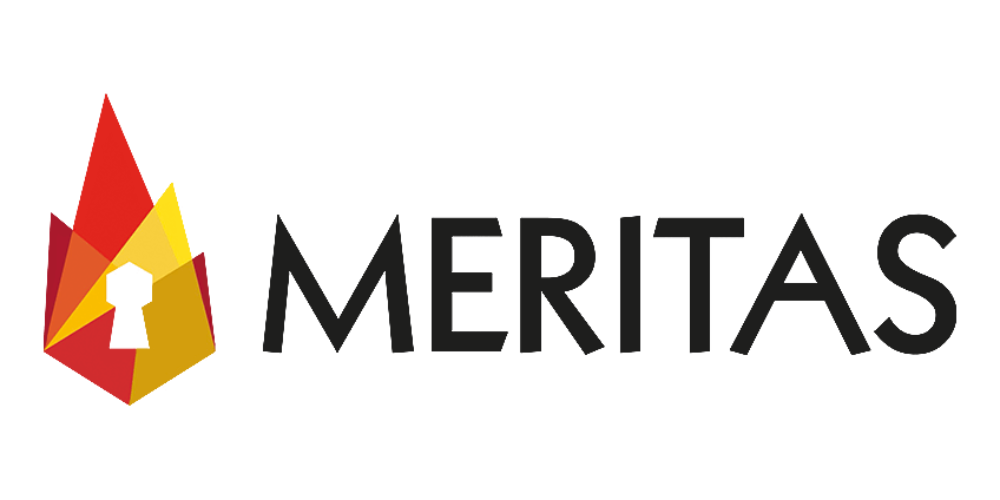Dozens Killed as Fire Engulfs Turkish Ski Resort Hotel
Learn how fire compartmentation and passive fire protection can save lives.
A deadly fire at a Turkish ski resort hotel has claimed the lives of at least 76 people, with many guests forced to jump from windows in a desperate attempt to escape the flames. The fire broke out at the 12 story Grand Kartal Hotel in the Bolu region on January 21, during a busy holiday period.
Eyewitnesses reported seeing bed linens tied together as makeshift ropes, used by people attempting to flee. At least two deaths were reported as a result of these jumps.
Fire Safety Concerns
The hotel was last inspected in 2024, with no concerns raised regarding its fire safety. However, the Union of Chambers of Turkish Engineers and Architects (TMMOB) has pointed out that the hotel lacked an automatic fire extinguisher system, which was mandated by regulations. Photos from the hotel’s website suggest that this system, which should have been installed in 2008, was not in place. Survivors also reported that the fire detection and warning systems failed, and escape routes were not easily accessible during the emergency.
Emergency Response and Investigations
Firefighters took more than 12 hours to fully extinguish the flames, while more than 267 emergency workers were sent to the site.
The cause of the fire remains under investigation, but initial reports suggest it began in the restaurant area of the hotel’s fourth floor before spreading rapidly through the upper floors. Bolu Governor Abdulaziz Aydin noted that the remote location of the hotel, coupled with freezing weather, delayed the arrival of fire engines, which took over an hour to reach the scene.
The Turkish Ministry of Justice confirmed that nine people, including the hotel’s owner, have been arrested in connection with the incident. Investigations are underway to determine if the hotel adhered to fire safety regulations.
In light of this tragedy, it underscores the critical importance of fire compartmentation in safeguarding lives.
Fire Safety Tips and Checklist for Hotels
Fire compartmentation is critically important in hotels for several reasons:
Life Safety: In the event of a fire, fire compartmentation helps limit the spread of flames, heat, and smoke. This gives hotel occupants more time to evacuate safely and minimises the risk of injury or death.
Protection of Property: By preventing or slowing the spread of fire, compartmentation can protect hotel property, including the structure, furnishings, and equipment. This can significantly reduce the overall financial loss in case of a fire.
Compliance with Fire Safety Regulations: Building codes and fire safety regulations often require fire compartmentation to meet certain safety standards. Hotels are subject to these regulations to ensure the safety of both guests and staff.
Minimising Disruption: Effective fire compartmentation can limit the area affected by a fire, meaning that parts of the hotel may remain operational, reducing the overall disruption to guests and the business.
Firefighter Safety: Compartmentation also helps create safe zones for firefighters to operate within. By containing the fire to a specific area, firefighters can more effectively and safely extinguish the blaze without the risk of it spreading too quickly.
In essence, fire compartmentation in hotels helps protect lives, property, and the continuity of the business, making it a vital aspect of fire safety planning.
How could this incident happen in the UK?
While the incident occurred in Turkey, the risks are just as real here in the UK. With increased regulation and scrutiny in the wake of Grenfell, many properties still fall short of compliance. Many landlords and property managers believe that fire protection is an “add on” but the reality is that passive fire protection is an essential part of every building design.
How can you ensure that your building doesn’t become the next tragedy? Here are the steps you can take:
1. Conduct a Fire Safety Audit
It’s essential to regularly audit your buildings’ fire safety features, including compartmentation and fire doors. A thorough audit will identify any vulnerabilities and allow you to take corrective action before it’s too late.
2. Invest in Regular Maintenance
Fire dampers, alarms, sprinklers and emergency exits need to be maintained and tested on a set schedule. Meritas can provide this vital check to ensure systems are always ready in an emergency.
3. Train Staff on Fire Safety Procedures
Ensure that all staff are trained in fire safety protocols and that fire evacuation plans are up to date and visible throughout the building.
How can Meritas help?
At Meritas, we specialise in passive fire protection solutions that help businesses comply with regulatory standards and safeguard their properties. Our expert team provides fire compartmentation surveys, fire damper compliance inspections and remediation services that protect lives and property.

